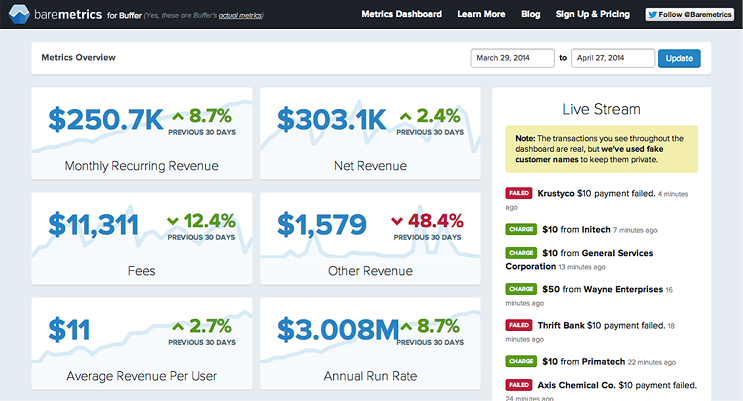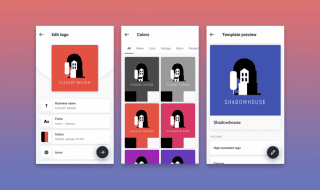
Today every new business needs to have a digital marketing strategy. Digital marketing started to grow out of traditional marketing processes in the late nineties. However, it’s in the last decade or so that it’s become the primary driving force in sales, advertising, and brand promotion across the board. The rise of digital marketing mirrors that of the internet, and how the world wide web has become the main forum for communication, promotion, and retail services in just about every sector.
The difference between B2B and B2C marketing

B2B stands for business to business, and B2C stands for business to customer. Essentially, B2C is marketing and advertising, as most people know it, using a variety of methods to sell a product or service directly to the general public. B2B marketing is aimed at top-level managers, department heads, and owners of small businesses. It is intended for the purpose not only of selling a product or service to a company, but also usually of building a long-term relationship or partnership with that business, to the mutual benefit of both parties.
B2B and B2C digital marketing, therefore, are built on entirely different principles and generally use quite different techniques. It should be said, though, that the differences between the two approaches are less marked in digital marketing than in traditional marketing. The internet is a great leveler, and the method of reaching out and making contact in both cases is often the same: via email, a website, or social media.
B2C basics

B2C marketing is about selling products and services to a broad target audience in a crowded marketplace. The average customer isn’t interested in lengthy expositions about the technical advantages of using one item over another: to grab their attention, marketing and advertising has to be fun and entertaining, and stand out from the crowd. Frequently, B2C marketing doesn’t so much focus on the product as the brand, associating it with a particular desirable lifestyle.
B2C marketing tends to use emotional triggers to connect with its audience – brand identity is very important. In the short term, it’s about making a sale, but the marketing campaign should also look to establish brand loyalty and even turn customers into brand ambassadors. It is hoped that they will tell friends, colleagues, and social media followers about their positive experience with your product.
Approaching B2B

B2B marketing needs to be approached in quite a different way. To put it simply, it needs to be more businesslike. Whereas with B2C marketing coming over as a faceless corporate entity can be the kiss of death, B2B customers expect you to be professional, straightforward, and to come straight to the point. Remember, you are talking to successful businesspeople who know the field they are working in exceptionally well, and they have no time to beat around the bush.
With B2B digital marketing, you can use industry jargon and focus on the proven advantages of your product or service. Businesses don’t want something that makes them feel good: they are only interested in the bottom line, which is, will it save money, boost profits, or increase efficiency? Will it help their business to stay competitive?
All B2B marketing content must be thoroughly researched and presented in a rigorous, logical manner, backed up by solid facts, figures, statistics and case histories, perhaps in the form of whitepapers or infographics.
Starting a digital marketing campaign

Whether you’re marketing to businesses or general customers, it’s always a good idea to go to a digital marketing agency with a proven track record, ideally one that has previously partnered with brands operating in a similar sector to your own. Alpha Digital is one of Australia’s leading digital marketing agencies, with offices in Brisbane and Sydney and past clients that include some of the country’s best known and most forward-thinking businesses. They also offer free consultation for companies thinking of using their services.
Whether you go through an agency or decide to go it alone, the first step in planning your campaign is to think long and hard about what your brand represents, and your target audience. The first part often involves establishing your core values. What is your product or service for? What are its strengths and unique selling points? Who would benefit the most from using it?
Building trust

With B2C marketing, you may want to map out some of the emotional associations that could apply to your brand that will help it stand out from the crowd. You want these to be positive, and to promote a sense of confidence and security in your target audience. Customers want a brand that they can trust, and a new company will initially be at a disadvantage in this area compared to established market leaders. That just means that you have to work harder at marketing an image they can identify with and which will inspire loyalty.
A B2B marketing campaign also has to inspire trust, but in this case, it is done by demonstrating a thorough understanding of the field in which you are operating and a solid track record. Because you’re marketing to a more select audience, personal contact can go a long way in developing confidence and building relationships. Blog articles, social media posts in the right places, and other publications can help establish your brand as a thought leader, earning you respect in a sector of experts and industry veterans.
Digital marketing is a complex art, and it’s crucial to develop a coherent strategy that is right for both the brand and the target audience. Knowing both inside out and then finding ways to connect them is the name of the game. Your message and brand identity should be clear and consistent across all platforms but also tweaked slightly for the different demographics in each area.
Whether you are marketing to businesses or the general public, find your voice and present your product in the best possible light. Think beyond closing the sale to build long-term relationships with your customers. By responding to their changing needs and listening to their feedback, you can ensure your digital marketing strategy stays fresh, relevant, and fit for purpose.




